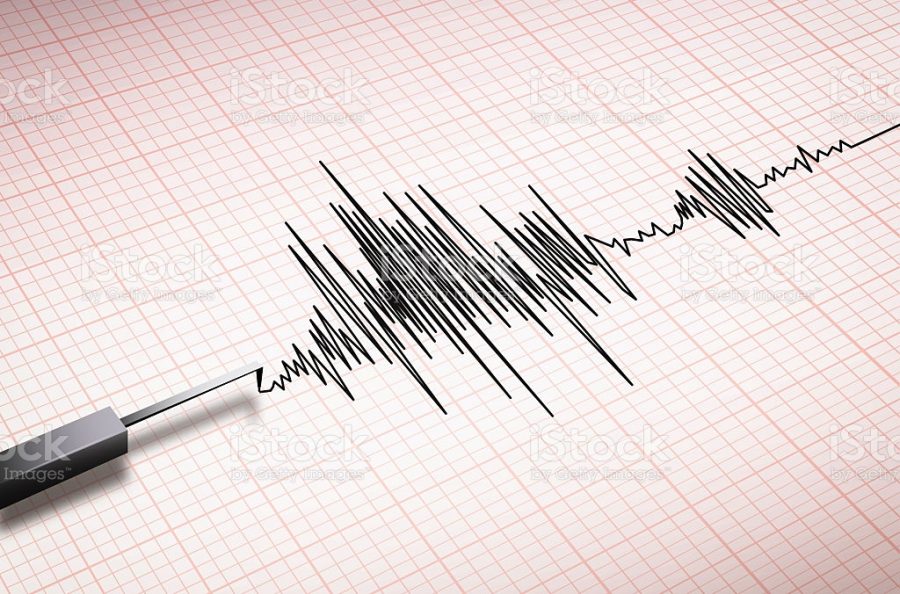In recent years we have heard quite a lot about terms such as “earthquake”, “tsunami” and “Richter scale” as a result of constantly occurring natural disasters. The science that deals with these phenomena is seismology. If this career fascinates you and you want to know what you need to become seismologists, then you’ll be happy to have the following useful information.
As in any scientific discipline, it is advisable to have direct experience with science and the scientific method, thus obtaining a diploma in Secondary School, which is a good place to start. The disciplines of interest of seismology are so many, but in any case, there is always a close link with Geophysics, Earth Physics, and Mathematics. Also, good knowledge of information technology will be very useful since seismologists often use analysis software and automated systems.
In Europe, there are several specific degree courses to become seismologists. However, to specialize in this area you must subscribe to the Faculty of Mathematics, Physics, and Naturals closest to you and follow a three-year degree in Geology or better in Physics. Acquiring this degree will allow you to find a job as a technologist and researcher, but if your goal is seismology, you should continue with the study.
After three years, you can specialize in Geophysical Sciences, where you will get a degree. The skills you will gain will, in fact, allow you to carry out the analysis and prevention of geological risks in order to guarantee safety.
The fields in which they can be applied are different and also include geophysical processes related to the atmosphere, so their studies could lead to meteorology and climatology. Whatever your choice, the work of seismologists requires updating and ongoing research, so be prepared to face seminars and conferences. It is an area where the study never ends.
You can also look for examples of seismologists that are quite popular in the world for their work and contributions in the area of seismology. A perfect example remains Giuliano Panza, a noteworthy seismologist based in Italy. He has developed a tool for theoretical and numerical synthetic seismograms used in his methods for studying seismic waves and earthquake hazard.
After completing all the combined years of study, you will be able to choose your preferred field within Geophysics; it can be volcanoes, earthquakes, or atmosphere, etc.
Good luck!

























Leave a Reply